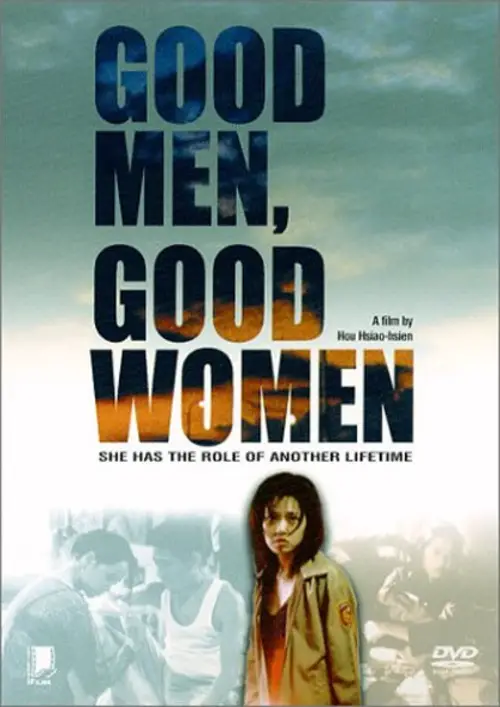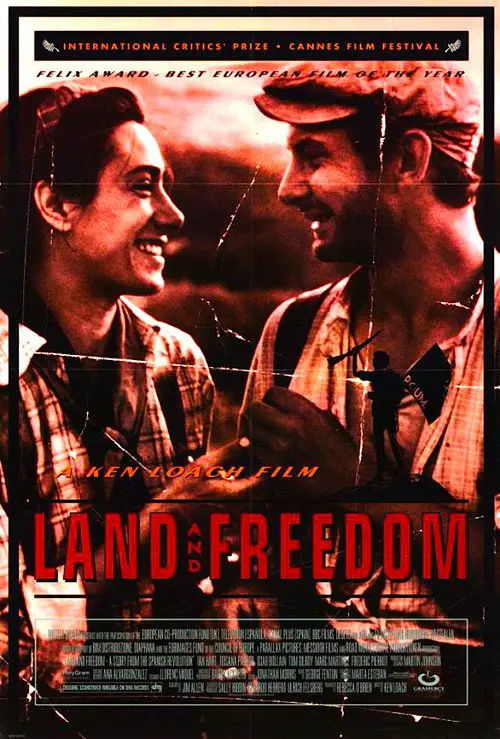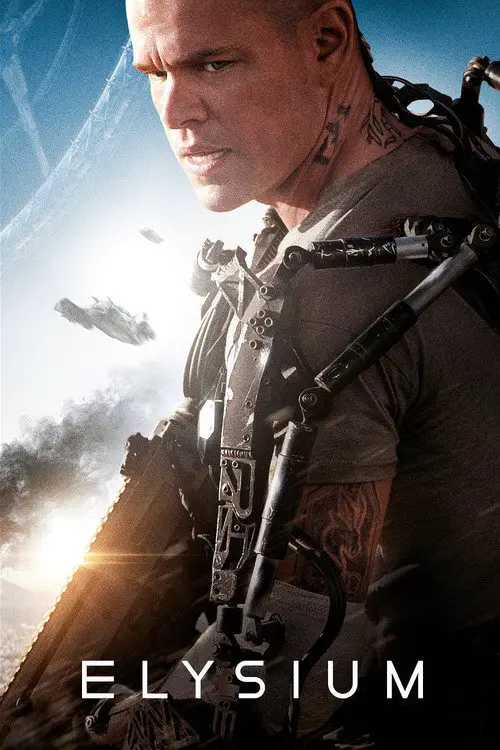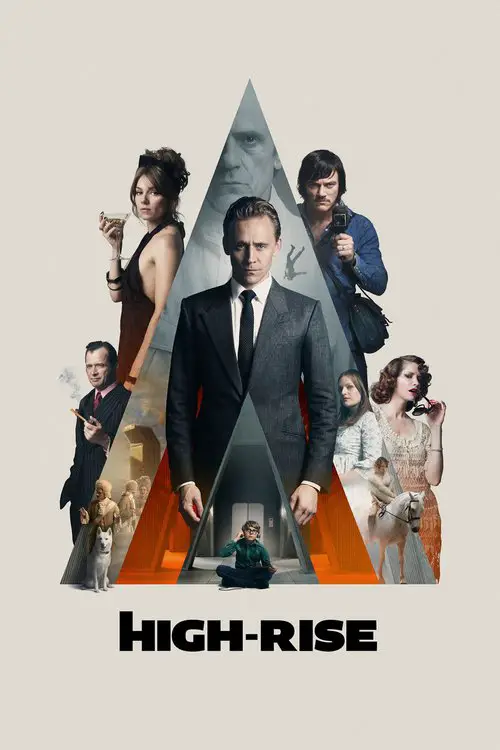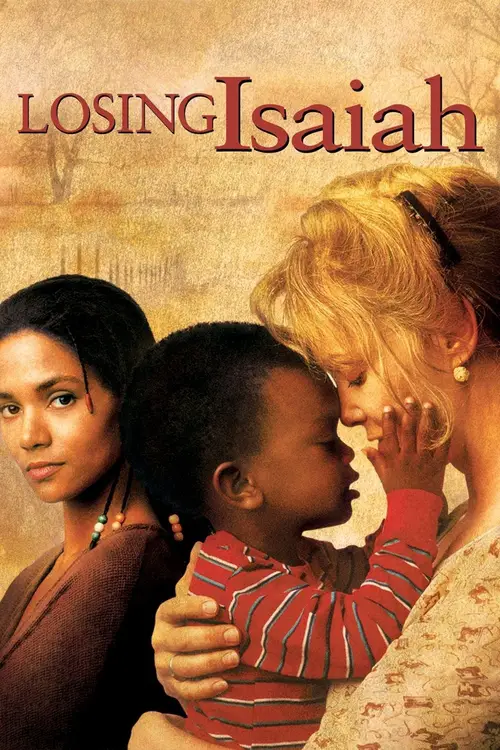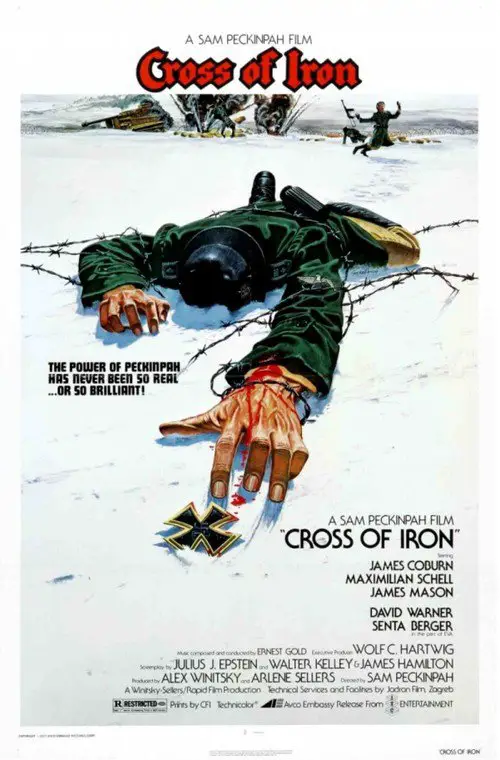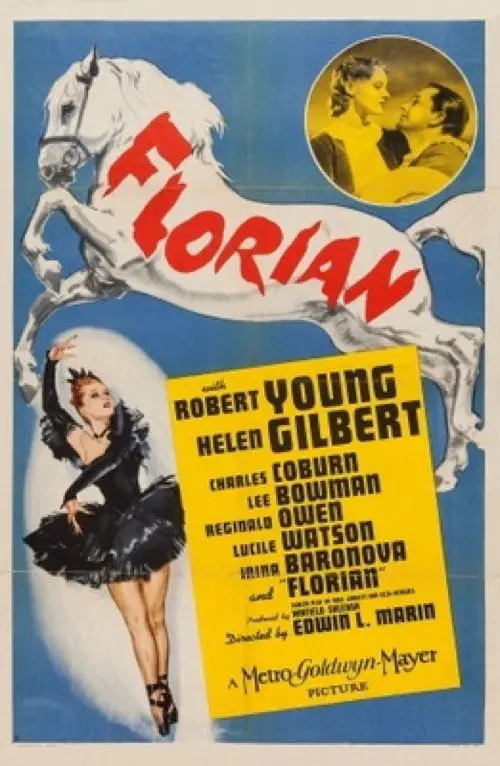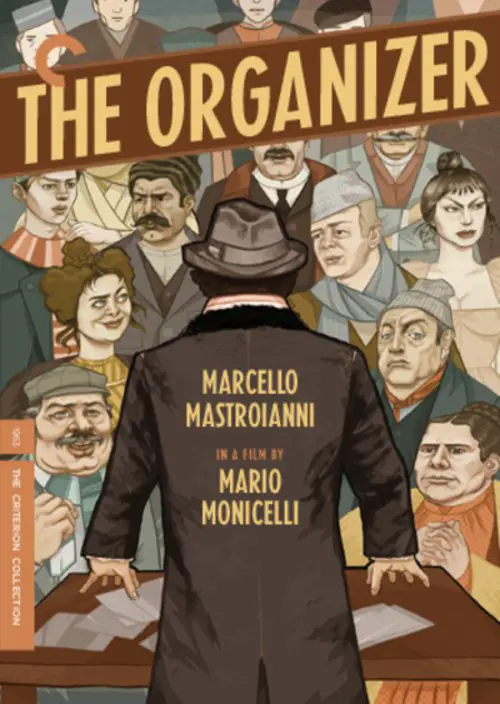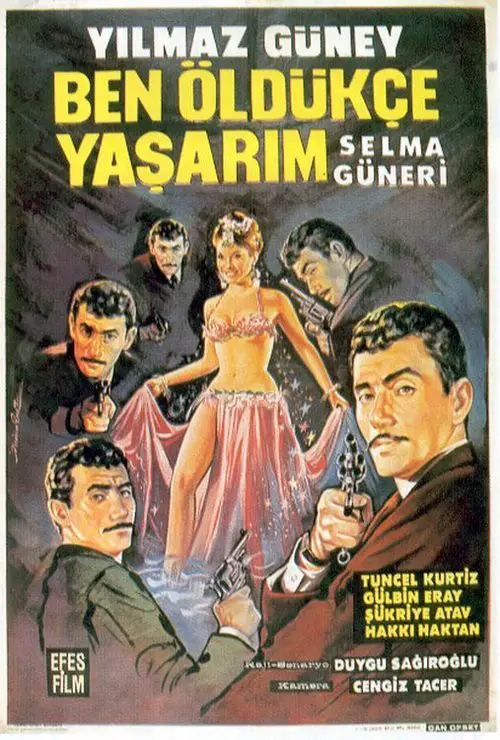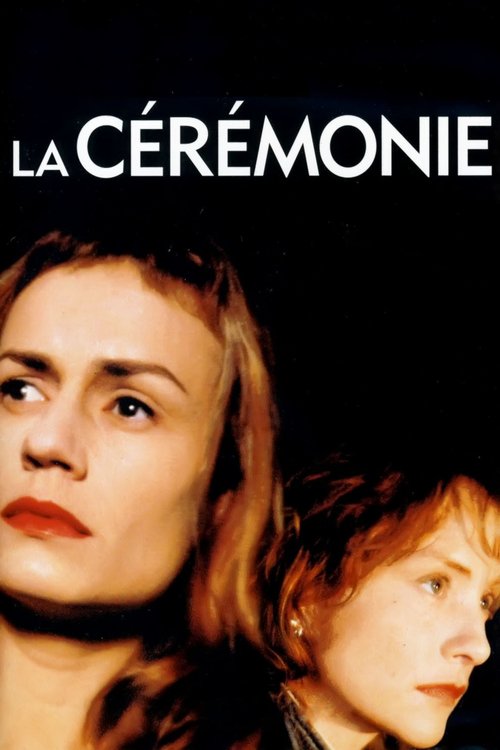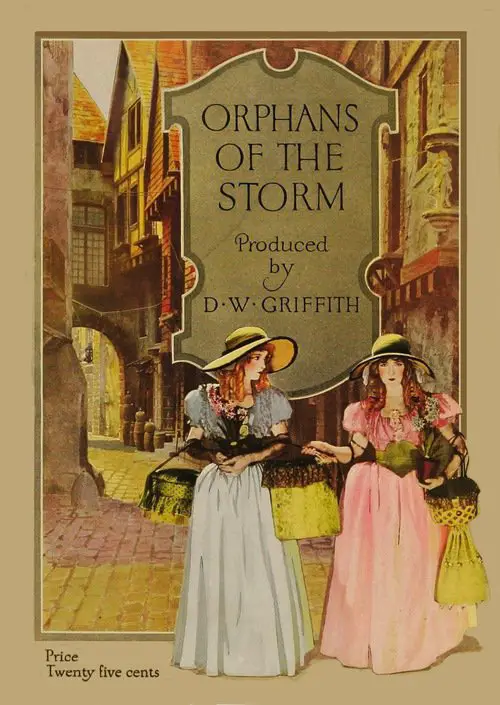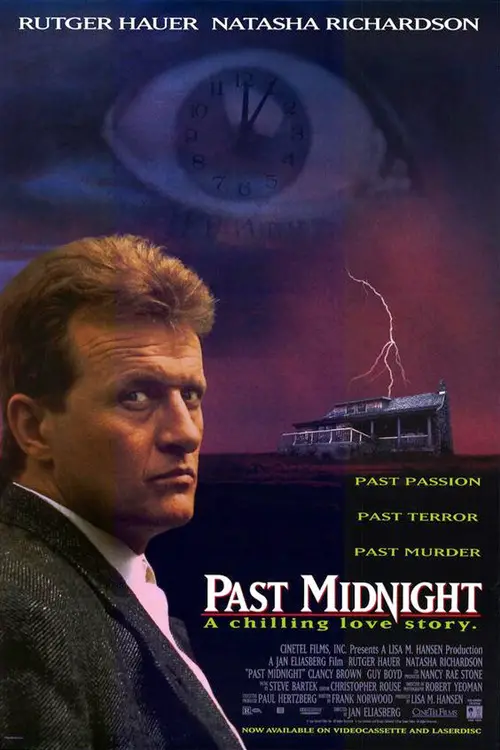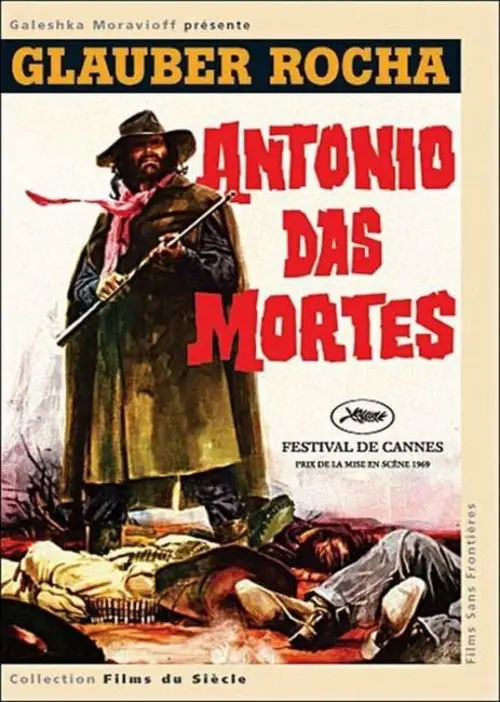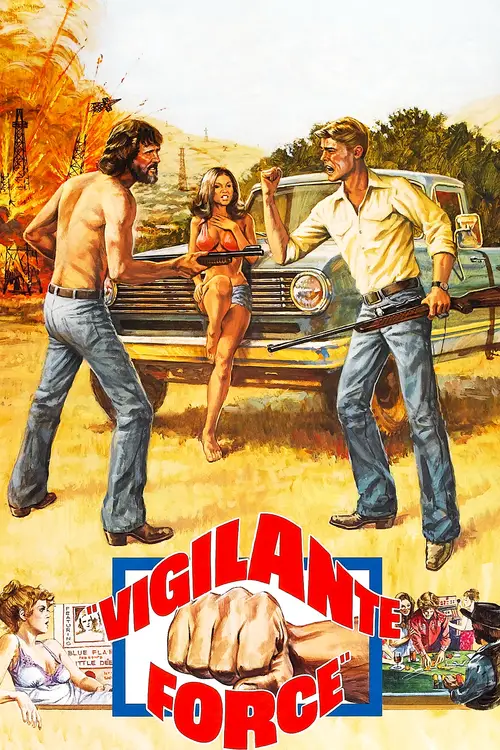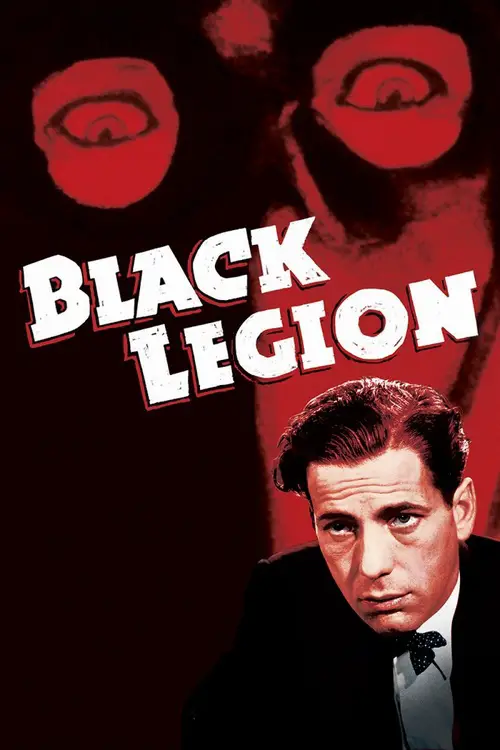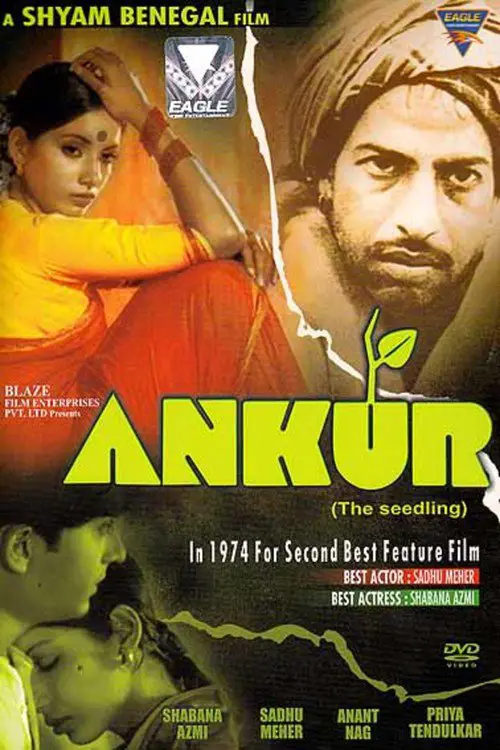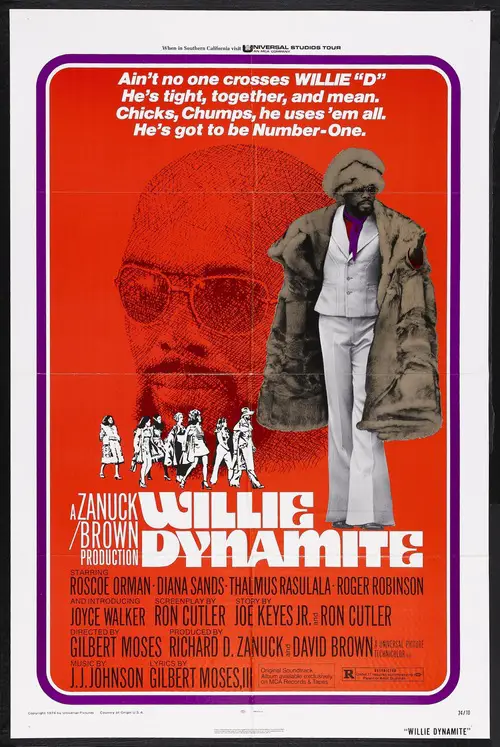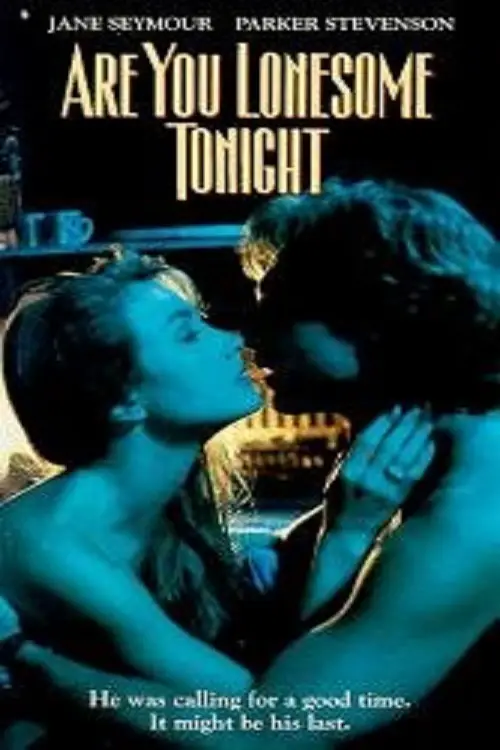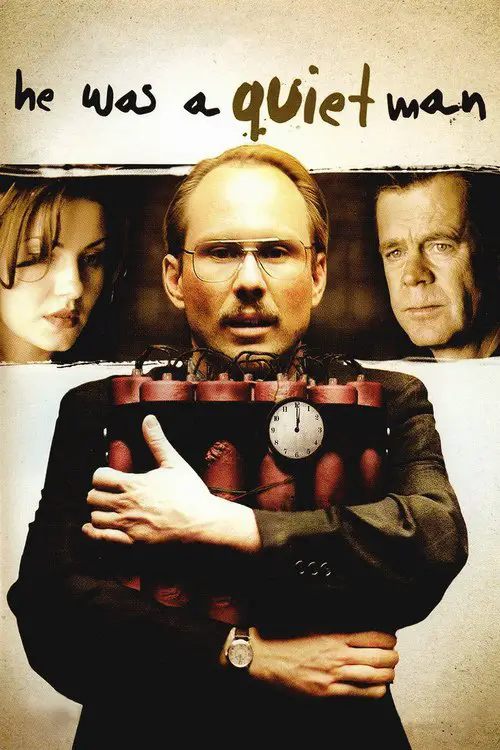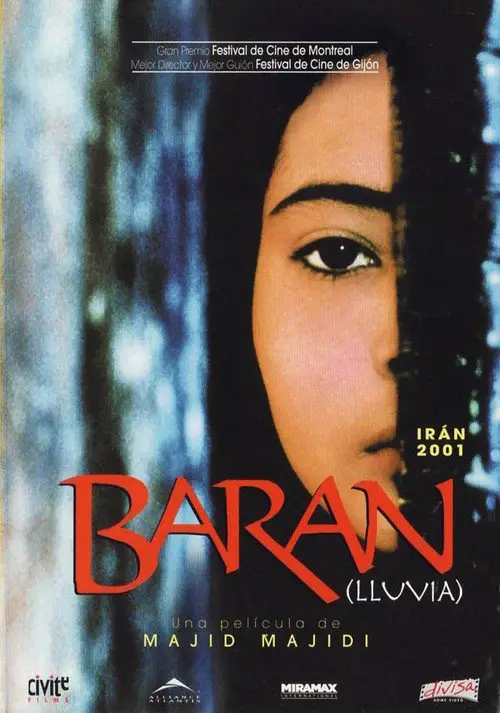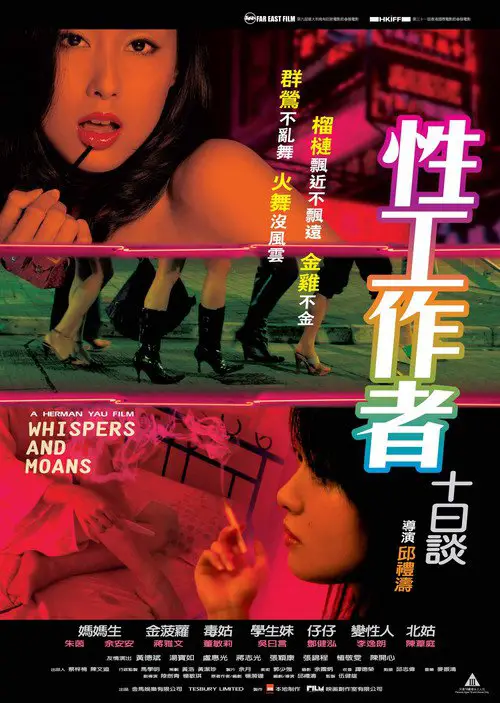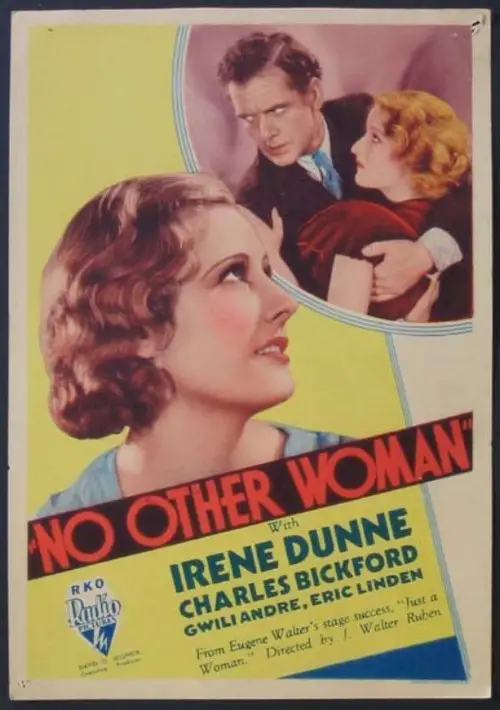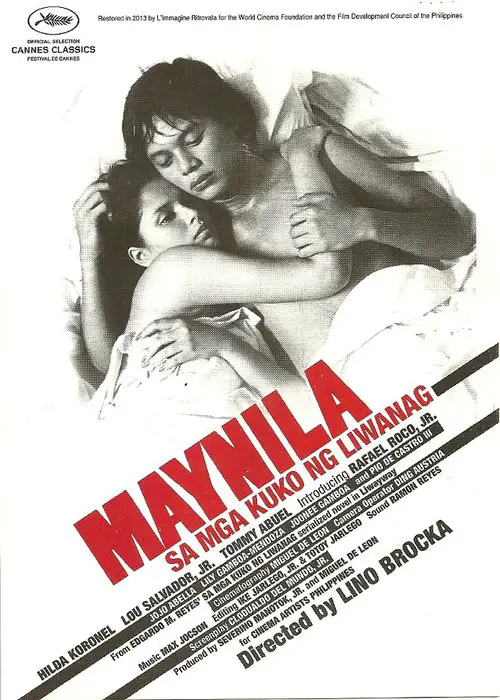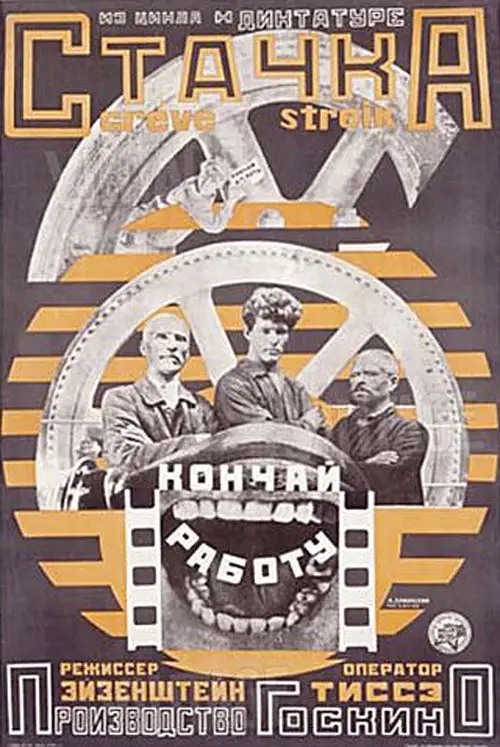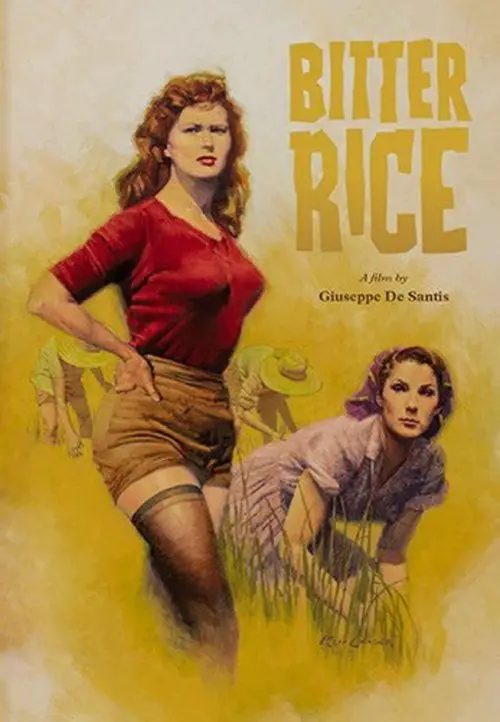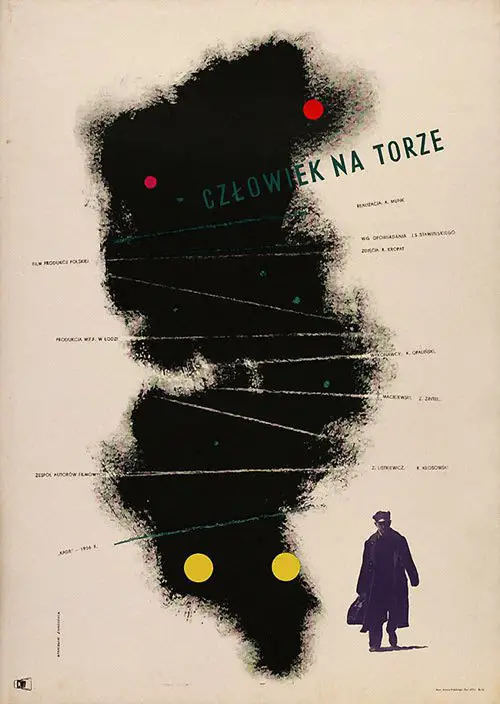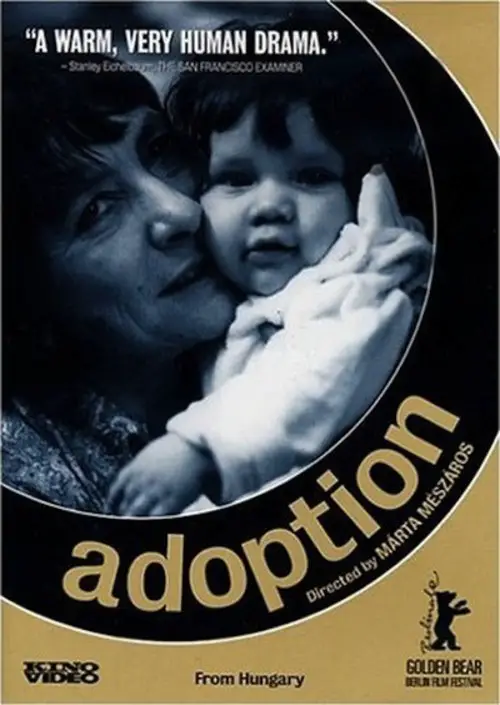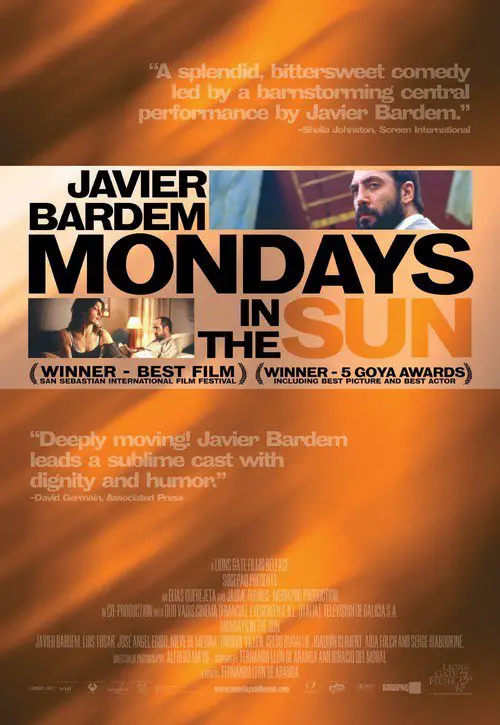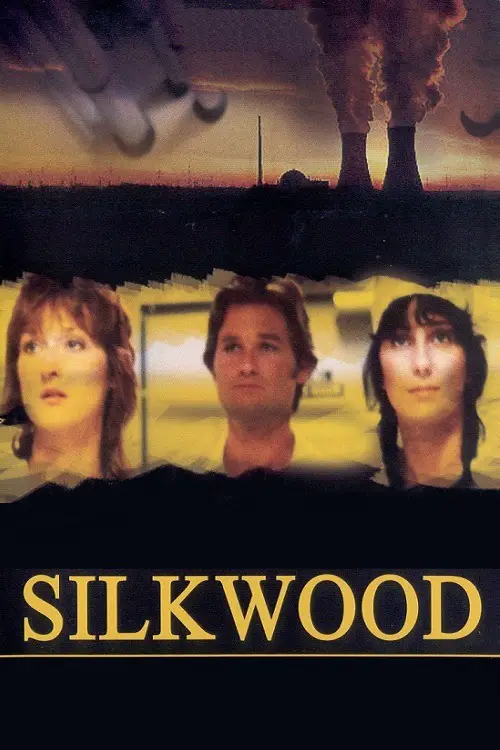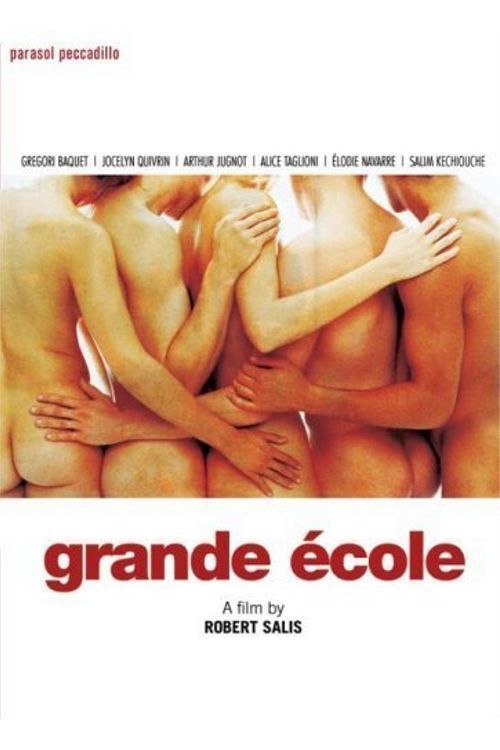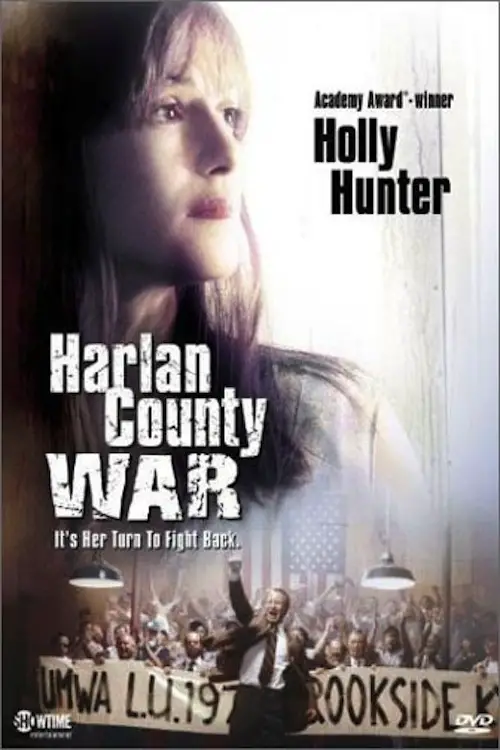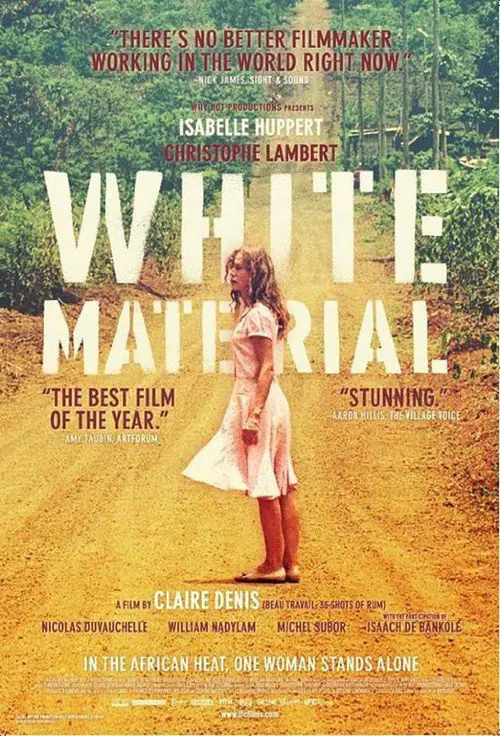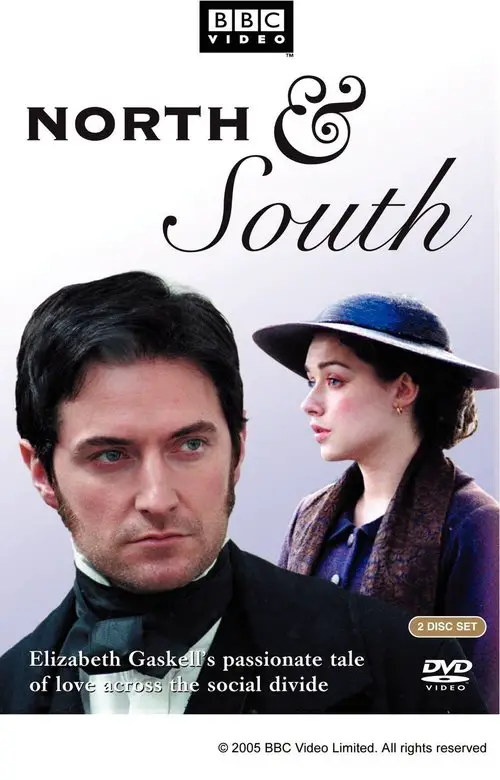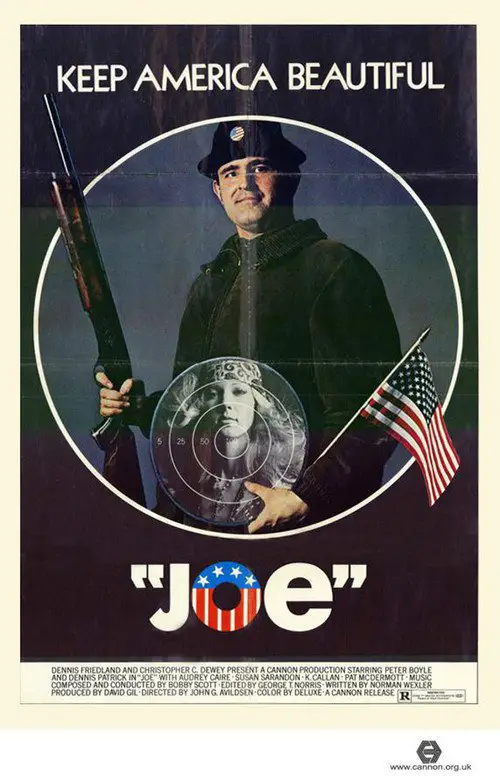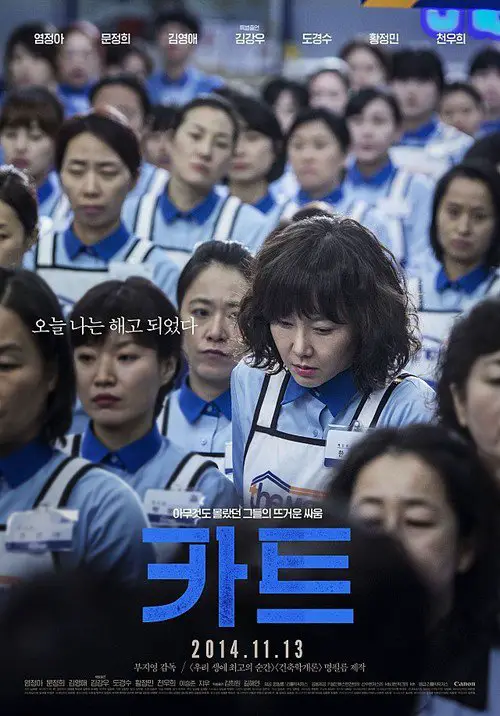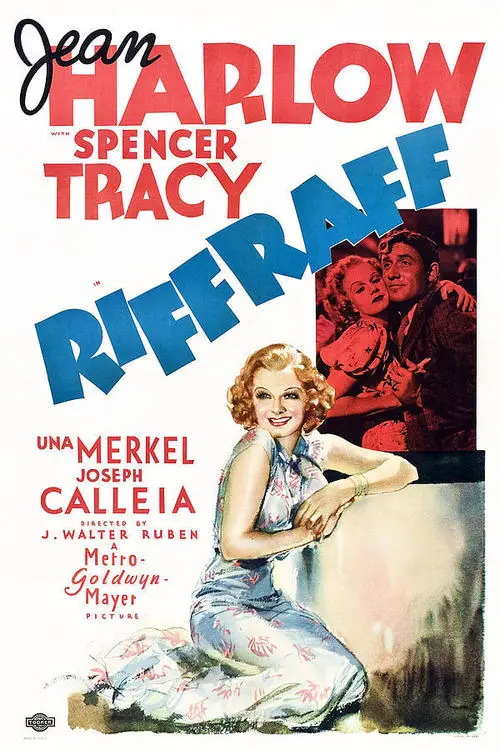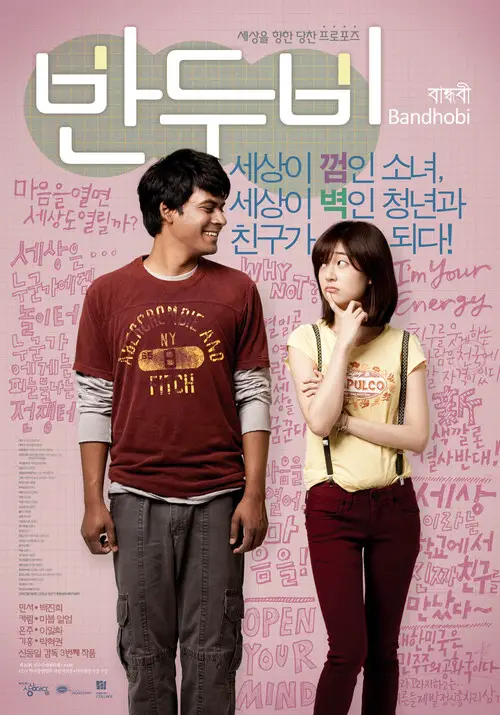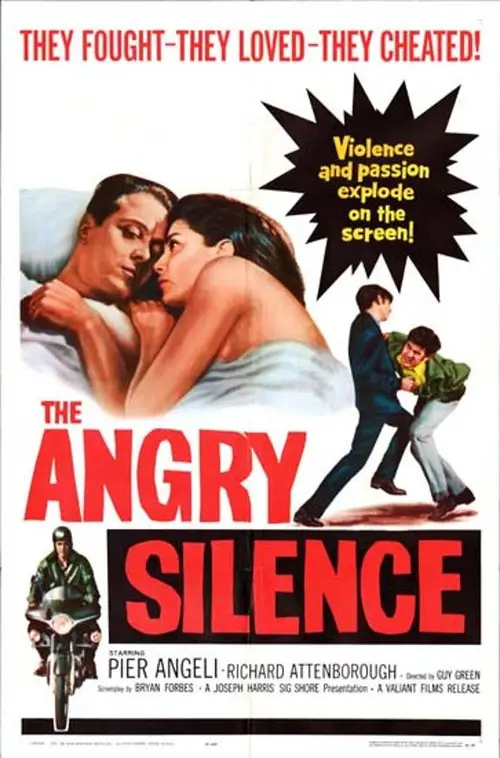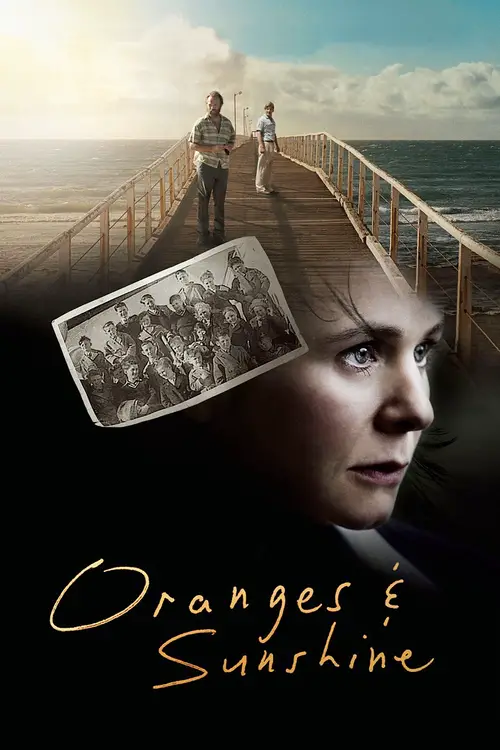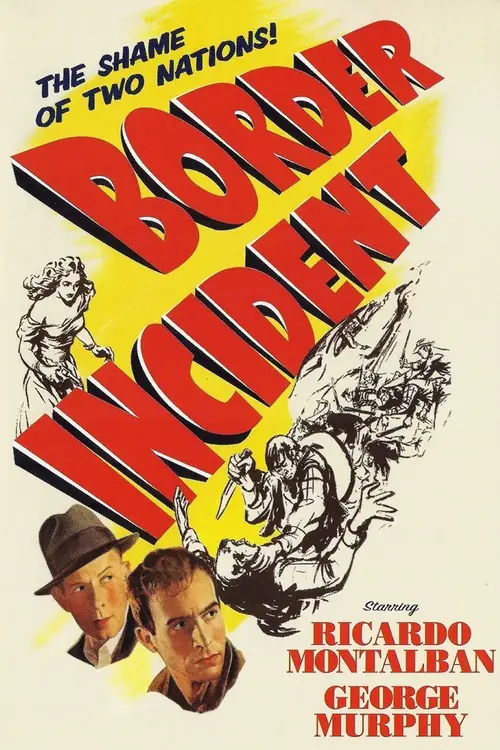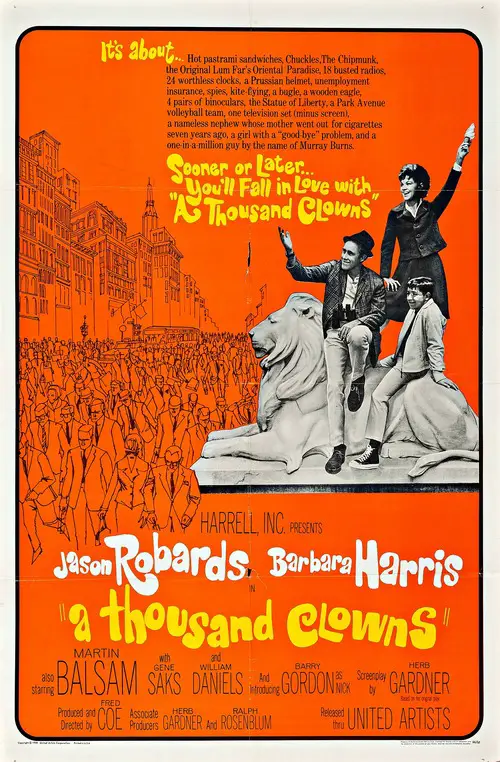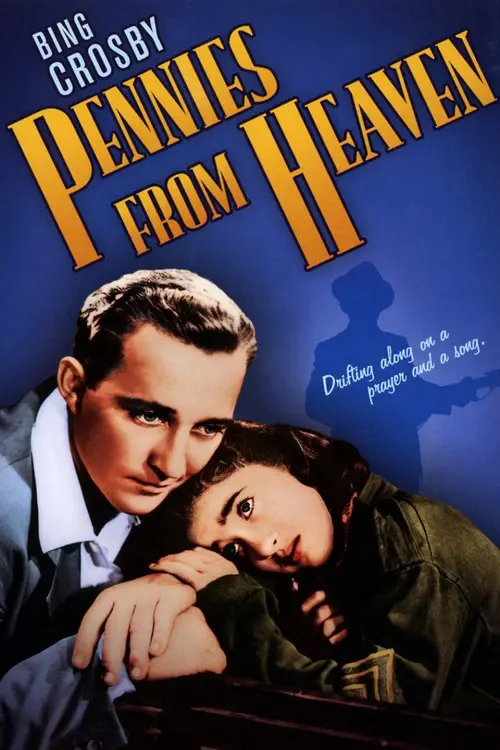The Unending Road (1965)
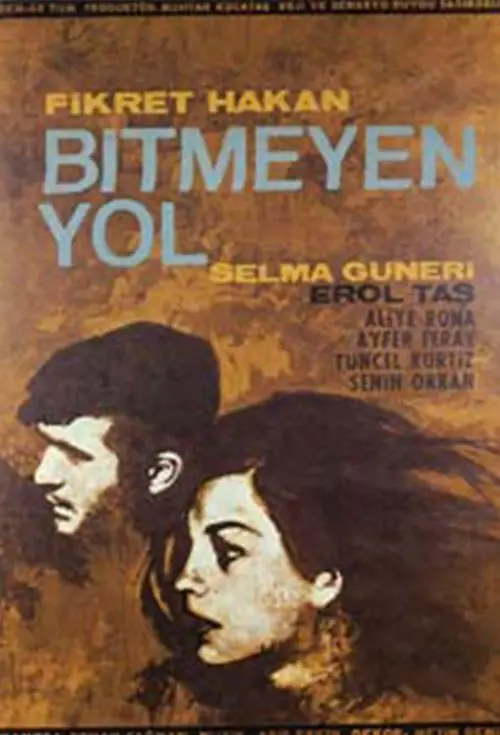
Similar movies
Norma Rae is a southern textile worker employed in a factory with intolerable working conditions. This concern about the situation gives her the gumption to be the key associate to a visiting labor union organizer. Together, they undertake the difficult, and possibly dangerous, struggle to unionize her factory.
Intended as the concluding film in the trilogy on the modern history of Taiwan began with Beiqing Chengshi (1989), this film reveals the story through three levels: a film within a film as well as the past and present as linked by a young woman, Liang Ching. She is being persecuted by an anonymous man who calls her repeatedly but does not speak. He has stolen her diary and faxes her pages daily. Liang is also rehearsing for a new film that is due to go into production soon. The film, entitled Haonan Haonu, is about a couple Chiang Bi-yu and Chung Hao-tung who returns to China to participate in the anti-Japanese movement in China in the 1940s and are arrested as communists when they go back to Taiwan.
The movie narrates the story of David Carr, an unemployed worker and member of the Communist Party of Great Britain. In 1936 he decides to fight for the Republican side in the Spanish Civil War, an anti-fascist coalition of liberals, communists and anarchists. Similar to George Orwell's experiences documented in Homage to Catalonia, he joins the POUM worker militia and witnesses first hand the betrayal of the Spanish revolution by the Stalinists, loyal only to the dictat of Moscow.
In the year 2159, two classes of people exist: the very wealthy who live on a pristine man-made space station called Elysium, and the rest, who live on an overpopulated, ruined Earth. Secretary Rhodes (Jodie Foster), a hard line government ofï¬cial, will stop at nothing to enforce anti-immigration laws and preserve the luxurious lifestyle of the citizens of Elysium. That doesnât stop the people of Earth from trying to get in, by any means they can. When unlucky Max (Matt Damon) is backed into a corner, he agrees to take on a daunting mission that, if successful, will not only save his life, but could bring equality to these polarized worlds.
In Warsaw in 1980, the Communist Party sends Winkel, a weak, alcoholic TV hack, to Gdansk to dig up dirt on the shipyard strikers, particularly on Maciek Tomczyk, an articulate worker whose father was killed in the December 1970 protests. Posing as sympathetic, Winkel interviews the people surrounding Tomczyk, including his detained wife, Agnieszka.
In the midst of a vast ocean stands the Elysium Tower â a glistening vertical city â a sanctuary for challenging times. Powered by sun and earth, designed by the greatest architectural visionary of the new millennium, Elysium is a self contained world. A world of commerce, cuisine and entertainment, featuring restaurants, swimming pools, libraries, cinemas, even a research hospital. It is not just the tallest and most technologically advanced work of modern architecture, but one that embodies the world's highest aspirations. Dr. Robert Laing, a new arrival, settles in and adjusts to this hermetic life. But before long he becomes aware of something unsettling in the building. In an escalating atmosphere of unrest the residents break into tribal factions. Laing watches in horror as the myth of a utopian society is shattered.
Khaila Richards, a crack-addicted single mother, accidentally leaves her baby in a dumpster while high and returns the next day in a panic to find he is missing. In reality, the baby has been adopted by a warm-hearted social worker, Margaret Lewin, and her husband, Charles. Years later, Khaila has gone through rehab and holds a steady job. After learning that her child is still alive, she challenges Margaret for the custody.
Professor Sinigaglia (Marcello Mastroianni) is the title character in this darkly comedic Italian drama about mistreated factory workers in the city of Turin. Toiling away in appalling conditions in a textile mill, these employees have no one to stand up for them until Sinigaglia puts his academic career on the line by helping them to start a strike. Although the teacher comes under scrutiny by unsympathetic authorities, he maintains his dedication to the workers' cause.
Sophie, a quiet and shy maid working for the upper-class family Lelievre, hides her illiteracy under the cloak of a perfect household and obedience. She finds a friend in the energetic and uncompromising postmaster Jeanne, who encourages her to stand up against her bourgeois employers. Things start to escalate as the Lelievres find out that Sophie can't read and has brought Jeanne into their house against their wish.
Kafka, an insurance worker gets embroiled in an underground group after a co-worker is murdered. The underground group is responsible for bombings all over town, attempting to thwart a secret organization that controls the major events in society. He eventually penetrates the secret organization and must confront them.
Henriette and Louise, a foundling, are raised together as sisters. When Louise goes blind, Henriette swears to take care of her forever. They go to Paris to see if Louise's blindness can be cured, but are separated when an aristocrat lusts after Henriette and abducts her. Only Chevalier de Vaudrey is kind to her, and they fall in love. The French Revolution replaces the corrupt Aristocracy with the equally corrupt Robespierre. De Vaudrey, who has always been good to peasants, is condemned to death for being an aristocrat, and Henriette for harboring him. Will revolutionary hero Danton, the only voice for mercy in the new regime, be able to save them from the guillotine?
In 1831, Irishman Charles Adare travels to Australia to start a new life with the help of his cousin who has just been appointed governor. When he arrives he meets powerful landowner and ex-convict Sam Flusky, who wants to do a business deal with him. Whilst attending a dinner party at Flusky's house, Charles meets Flusky's wife Henrietta who he had known as a child back in Ireland. Henrietta is an alcoholic and seems to be on the verge of madness.
Antonio of the Death is a "cangaceiros" killer. Cangaceiro is the local name for a popular leader. Antonio is hired to kill the one who seems to be the last one in the Pirahna's Valley. This man is being followed by a strange woman who is considered a Saint. Once Antonio has killed the Cangaceiro, he changes his way of thinking when listening to the Saint's words.
Laxmi lives a poor lifestyle in a small village in India along with her husband, Kishtaya, who is a deaf-mute. Both husband and wife work for the wealthy landlord. The landlord's son, Surya, has to cancel his studies and return home to look after the estate, as well as formalize his marriage to Saroj, the girl he was compelled to get married to when he was very young. Shortly thereafter Kishtaya is apprehended stealing toddy from the fields, is severely beaten, left senseless, and when he recovers he absconds, leaving Laxmi alone to fend for herself. Surya finds her attractive and starts an intimate relationship with her, much to the chagrin of the rest of the family. Things only get worse when Saroj moves in to live with Surya - compelling him to make a final decision about a visibly pregnant Laxmi.
In a building site in present-day Tehran, Lateef, a 17-year-old Kurdish worker is irresistibly drawn to Rahmat, a young Afghan worker. When Lateef is given heavier tasks to compensate for new Afghan worker Rahmat, he resents his displacement and treats Rahmat cruelly. After one of his pranks, however, Lateef discovers Rahmat's secret--he is a girl named Baran. Latif's heart softens towards Baran and he shows his new affection for her by doing what he can to ease the hardships she suffers at work. revelation of Rahmat's secret changes both their lives.Baran is a 2001 Iranian film directed by Majid Majidi, based on an original script by Majid Majidi. The movie is set during recent times in which there are a large number of Afghan refugees living on the outskirts of Tehran. Almost a silent movie, Baran won a number of awards both nationally and internationally for the director and writer Majid Majidi.
When a western Pennsylvania auto plant is acquired by a Japanese company, brokering auto worker Hunt Stevenson faces the tricky challenge of mediating the assimilation of two clashing corporate cultures. At one end is the Japanese plant manager and the sycophant who is angling for his position. At the other, a number of disgruntled long-time union members struggle with the new exigencies of Japanese quality control.
Poor fisher Julio Madiaga goes to the city to look for his long lost love, Ligaya Paraiso. His search leads to a radical shift in his character - from a naive country boy to an angry young man thirsting for justice. He works in a construction site, gets introduced to unfair labor practices, and becomes acquainted with both cynical and idealistic fellow workers. When he loses his job, he resorts to prostitution. He finally encounters his sweetheart who recounts her own suffering in the hands of an illegal recruiter who set her up for white slavery. A rich, possessive and cruel Chinaman benefactor who sired her a child is now her common-law husband. Julio and Ligaya plot their escape.
The film depicts a strike in 1903 by the workers of a factory in pre-revolutionary Russia, and their subsequent suppression. The film is most famous for a sequence near the end in which the violent putting down of the strike is cross-cut with footage of cattle being slaughtered, although there are several other points in the movie where animals are used as metaphors for the conditions of various individuals. Another theme in the film is collectivism in opposition to individualism which was viewed as a convention of western film.
Francesca and Walter are two-bit criminals in Northern Italy, and, in an effort to avoid the police, Francesca joins a group of women rice workers. She meets the voluptuous peasant rice worker, Silvana, and the soon-to-be-discharged soldier, Marco. Walter follows her to the rice fields, and the four characters become involved in a complex plot involving robbery, love, and murder.
Nathalie, 32 years old, is an ordinary woman of her age totally in love with her boyfriend. But her life will totally change when her co-worker rape her after a party. Life is now a struggle where every detail is a fight to get back a normal life. Through this 'ordinary' story, Natalie will turn into an example for all those women who had chosen to remain silent.
In 1950, at night, a passenger train kills a man on the tracks. He is Orzechowski, an engineer since 1914. An inquiry immediately follows. Testimony takes the form of flashbacks. Tuszka, the station master, believes Orzechowski was a saboteur; at least one on the inquiry panel agrees. Zapora, the young engineer on the train that hit Orzechowski, gives more complicated testimony about the dead man - stiff-necked, proud, imperious, critical of Zapora and other younger workers. The signalman at the crossing where Orzechowski died also testifies. Can the panel arrive at the truth in a world where workers unite, inferior coal is a badge of honor, and the old order is suspect?
Single factory worker Kata, 43, wants to have a child with her long-time secret lover, a married man called Joska. He doesn't like the idea. Kata befriends teenage schoolgirl Anna, abandoned by her parents at the age of six. Anna runs away from the local children's home and moves in with Kata so that she can keep on seeing her boyfriend Sanyi. Kata goes to see Anna's parents and persuades them to give the young lovers their permission to marry. Through Anna, Kata becomes interested in neglected children and decides to adopt a baby from the children's home.
After the closure of their shipyard in Northern Spain, a few former workers: Santa, José, Lino, Amador, Sergei and Reina keep in touch. They meet mainly at a bar owned by their former colleague Rico. Santa is the most superficially confident and the unofficial leader of the group. A court case hangs over him relating to a shipyard lamp he smashed during protest against the closure. José is bitter that his wife, Ana, is employed when he is not. The gap between them is widening and he is fearful that she will leave him for a co-worker. Despite arthritic legs, Ana endures night shifts at a fish factory and thinks her looks are now lost. Not everyone seems to agree including her boss. Lino, an aging family man doggedly pursuing positions beyond his qualifications. The oldest member of the group, Amador, has degenerated into alcoholism after being abandoned by his wife; maintaining an increasingly transparent pretense that his wife will soon return from holiday.
Paul and Agnes have been going out for quite a while and Agnes is shocked to learn that he'd rather live with two roommates on campus than move in with her. As soon as he meets one of his roommates, Louis-Anault, Paul's behavior changes - he is attracted to Louis without realizing so himself. Agnes, on the other hand, gets quite jealous and offers a bet: Whoever gets to have Louis-Anault first, wins... If she does, Paul will no longer explore his homosexual desires, if he does - she'll walk away. Meanwhile, Paul meets Mecir, a young Arab worker, who shows him there's more to life than elite colleges...
Maria is a White farmer who runs a failing coffee plantation in an unnamed African country in the present day. Civil war has broken out and rebel soldiers, many of them child soldiers, are advancing on the area. Rebels on the radio advocate attacks on emblems of colonialism. Maria's workers leave, but she refuses to abandon the plantation, and searches for men to finish harvesting of the coffee.
Trevor sometimes-violent skinhead with no regard for authority, and would rather spend his time stealing cars than sitting in the detention centre to which he is sent. His social worker, Harry Parker, tries to do his best, but Trevor is only interested when thereâs something that he can get out of it. The authorities within the centre try to make Trevor conform to the norms of society, but he takes no notice, and would rather speak in a torrent of four-letter words and racial abuse.
North & South is a British television drama serial, produced by the BBC and originally broadcast in four episodes on BBC One in November and December 2004. It follows the story of Margaret Hale, a young woman from southern England who has to move to the North after her father decides to leave the clergy. The family struggles to adjust itself to the industrial town's customs, especially after meeting the Thorntons, a proud family of cotton mill owners who seem to despise their social inferiors. The story explores the issues of class and gender, as Margaret's sympathy for the town mill workers conflicts with her growing attraction to John Thornton. The serial is based on the 1855 Victorian novel North and South by Elizabeth Gaskell. It was adapted for television by Sandy Welch and directed by Brian Percival.
Two friends try to tear out their lives from the clutches of idle. An existential study of ordinary lives led by two alienated urban white collar workers, Accidental Life was the only feature film of Ante PeterliÄ, Croatian film theorist and film critic. The film received mediocre reviews and went largely unnoticed after its release, but has been reevaluated decades later as one of the best Croatian films ever made.
Bill, a wealthy businessman, confronts his junkie daughter's drug-dealing boyfriend; in the ensuing argument, Bill kills him. Panic-stricken, he wanders the streets and eventually stops at a bar. There he runs into a drunken factory worker named Joe, who hates hippies, blacks, and anyone who is "different", and would like to kill one himself. The two start talking, and Bill reveals his secret to Joe. Complications ensue.
Min-Seo, a 17-year old rebellious high school Korean girl, lives in a small apartment with her mother and her motherâs penniless lover. She hates her motherâs lover and doesnât understand both of them. Karim, a 29-year old Muslim migrant worker from Bangladesh has to leave Korea in a month. Before departing, he is desperately searching for his ex-boss to get his unpaid salary. One day, as Min-Seoâs summer vacation begins, Karim encounters Min-Seo on a bus, and together they set out on an emotional journey.
Oranges and Sunshine tells the story of Margaret Humphreys, a social worker from Nottingham, who uncovered one of the most significant social scandals in recent times: the forced migration of children from the United Kingdom. Almost singlehandedly, against overwhelming odds and with little regard for her own well-being, Margaret reunited thousands of families, brought authorities to account and worldwide attention to an extraordinary miscarriage of justice. She discovered a secret that the British government had kept hidden for years: one hundred and thirty thousand children in care had been sent abroad to commonwealth countries, mainly Australia. Children as young as four had been told that their parents were dead, and been sent to children's homes on the other side of the world. Many were subjected to appalling abuse. They were promised oranges and sunshine, they got hard labour and life in institutions.
Twelve-year-old Nick lives with his Uncle Murray, a Mr.Micawber-like Dickensian character who keeps hoping something won't turn up. What turns up is a social worker, who falls in love with Murray and a bit in love with Nick. As the child welfare people try to force Murray to become a conventional man (as the price they demand for allowing him to keep Nick), the nephew, who until now has gloried in his Uncle's iconoclastic approach to life, tries to play mediator. But when he succeeds, he is alarmed by the uncle's willingness to cave in to society in order to save the relationship.
Larry Poole, in prison on a false charge, promise an inmate that when he gets out he will look up and help out a family. The family turns out to be a young girl, Patsy Smith, and her elderly grandfather who need lots of help. This delays Larry from following his dream and going to Venice and becoming a gondolier. Instead he becomes a street singer and, while singing in the street, meets a pretty welfare worker, Susan Sprague. She takes a dim view of Patsy's welfare under the guardianship of Larry and her grandfather, and starts proceedings to have Patsy placed in an orphanage.
© Valossa 2015–2026
| Privacy Policy

